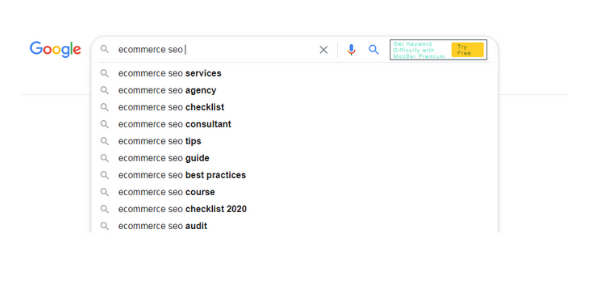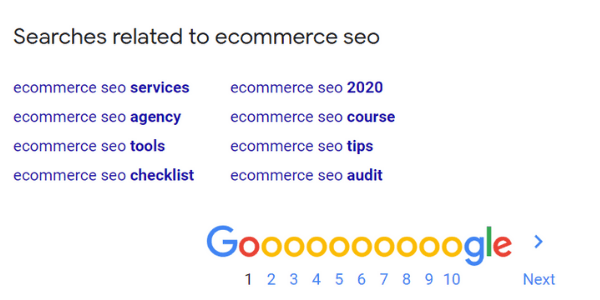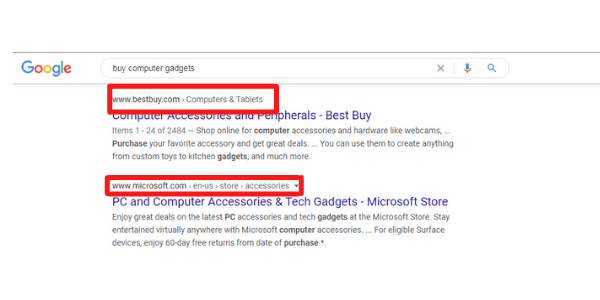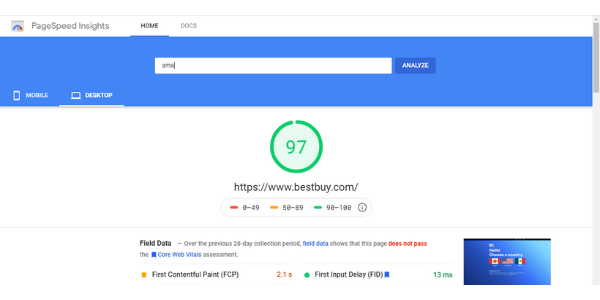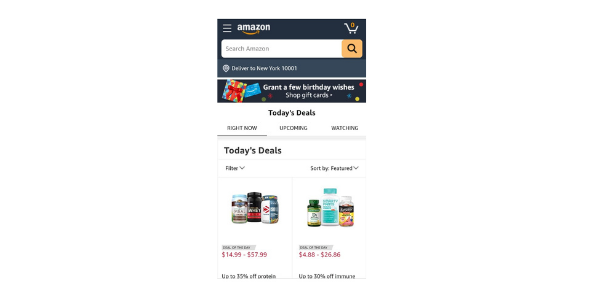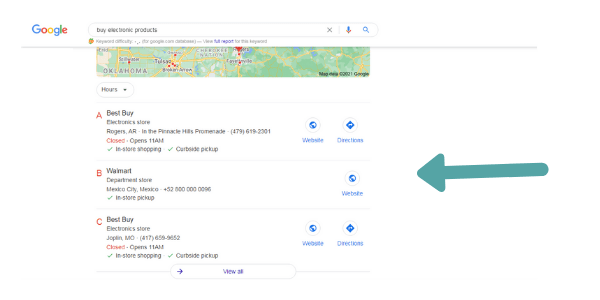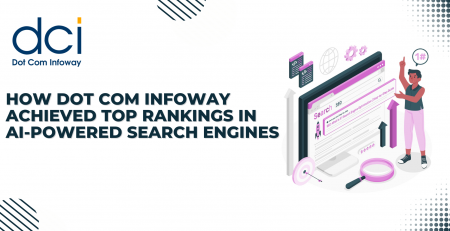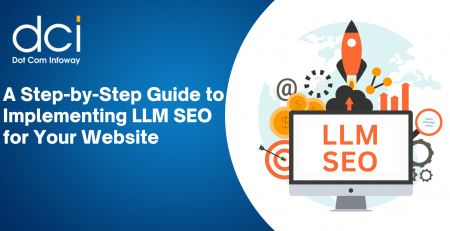Ecommerce SEO: Effective Ways to Maximize Your Organic Sales
In a perfect world, every deserving ecommerce store should enjoy abundant organic sales, with plenty of new clients to introduce your specialties to and loyal customers that couldn’t come back for more. Of course, that’s often far from the case. Businesses and store owners avail of digital marketing for ecommerce services for a number of reasons, and it’s often because it’s to spare them from the headache involved in achieving those coveted organic sales. Make no mistake, it IS possible to maximize these SEO-dependent sales. You just have to be mindful of a number of factors along the way, not just the techniques that would help you get them. The best ecommerce SEO agency, if it exists, would probably say the same.
That said, if you have time to dive into how you can make the most of organic sales (which you should if you are a serious ecommerce store owner and marketer), then look no further than the insights we’ve shared here.

1. Don’t let your keywords go to waste.
By this, we mean that you should make sure that you do justice to the time you spent doing keyword research. Make sure your primary keywords can be found in important facets of your product listing like the title tag, product and meta description, and the actual content of the product and category page. Be sure to only use keywords that you know are the best ones based on volume, competition, etc.
Category and product pages should also be peppered with LSI keywords related to your main keyword. These take into consideration user intent, which will always be directly related to your knowledge of your audience. If you want to know the most appropriate LSI keywords to target, you should know your customers – no more, no less. The same can be said for long-tail keywords for ecommerce simply because they let you forgo the competition.
Even word length remains a key figure in product page optimization. Google still prefers long-form content over others, so make sure you don’t settle for less than 1,000 to 1,500 words per content. The more, the better, but do your best to not sound forced and keep the content relevant and valuable to your audience. Top Digital Marketing Agencies, if it exists, would probably say the same.
Furthermore, don’t hesitate to use eye-catching buzzwords to complement your keywords and content. Think of these as spices that add that much-needed flavor and zing to a dish. For example, almost anyone’s interest would be piqued by the words “discount” and “sale”, right? Discover the best ones that jive with the specific products you’re offering to adhere to the best practices for on-page SEO for ecommerce sites.
2. Mind your URL structure and Alt Tags.
The best ecommerce SEO company would also not overlook the importance of the inclusion of alt tags in images. These texts are the only resource that can be used by search crawlers to know what an image is about after all. Understandably, it might get a bit overwhelming if you have to include alt texts for all your images, but if you want them to have any chance of ranking at all (and, in turn, aiding in your SEO efforts), then it definitely pays off to invest time in including them. Pay attention to the keywords you use, though, so you won’t end up spammy — you can use LSI keywords in place of primary ones.
The same applies to the URL structure you use. The rule of thumb is to keep it short, organized, and includes a clear hierarchy. For instance, you should consider including the category’s name followed by the subcategory the product belongs to and, finally, its name. It might take getting used to not going overboard with your word length and keyword stuffing but you’ll get there with practice. Don’t limit product reviews to customers.
Let the search engines gain access to them as well. This way, you’ll be hitting two birds with one stone by making reviews available to prospective customers and “convincing” the search engines that your store should be rewarded with a higher ranking because of the positive feedback it has been getting.
How do you do this? Well, one effective way to ensure that search engine crawlers would also “read” the review is to develop a review platform that automatically includes the review content in your site’s HTML structure. If you’re working with one, you can always ask an ecommerce SEO firm about how to implement this.
3. Link building for ecommerce websites is always a must.
As a golden rule of off-page SEO for ecommerce websites, if your website and store have a rich and diverse backlink make-up with mostly authority domains, it’s only guaranteed a higher spot in the SERPs for its chosen keywords. Indeed, if you want organic sales, you want as much organic traffic as possible, and it’s close to impossible to achieve that without the necessary link juice.
Again, it’s not about quantity but diversity. Having 30 different websites pointing to a page on your website will always be better than 30 separate pages from a single website pointing to it. How can you build this diversity? Well, guest blogging has always been effective since retail SEO’s beginning days and it’s still one of the best whitehat strategies today.
It also won’t hurt to look at your competitors’ backlinks using tools like Ahrefs and SEMrush backlink audit and “steal” them.

4. Keep mobile-friendliness and speed top priorities.
Ever since speed became a significant ranking factor in SEO for ecommerce websites in 2018, webmasters have been making sure that their pages don’t load for more than three to four seconds. Failure to do so only means you’re already losing out on your competition. Factors like user time on site and bounce rate also play important roles here.
It’s also pretty much a no-brainer already that you should optimize for mobile. What’s good is that most website designs already make responsiveness a priority. If you’re customizing a lot, though, then make sure you keep an eye on mobile-friendliness.
5. Don’t overlook the potential of local SEO.
Going local lets you avoid most of the competition and can vastly improve ecommerce SEO for those struggling with a larger competitive niche. This is especially true if you already have a local store or are planning to develop one in the future. You can create dedicated local pages for them to instantly attract prospective customers who only want to transact with local stores, even those in the ecommerce sphere.
Optimizing for local SEO requires adding key location keywords to your on-page and off-page SEO. The more you target a specific location this way, the more search engines will come to associate you with that locale. This is an opportunity not to be missed if you already know that there’s a vast untapped audience in the area you’re operating in.
Conclusion
Ecommerce SEO is far too complex a chimera to have a single, ultimate guide that will guarantee positive results. If a so-called ecommerce SEO specialist states that, then chances are high that he’s all flash but no sizzle.
Remember, we didn’t even touch upon the Google update factor in this post. What we’re only certain of is that the guidelines said above will always be “pleasing” to the Big G’s eyes simply because they adhere to their basic webmaster guidelines. Not to mention the fact that a lot of online stores have included them in their ecommerce SEO strategy.

